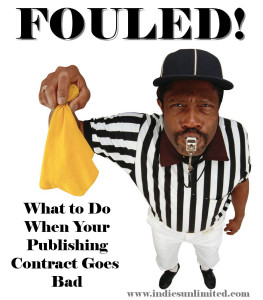 Back in 2004, I began reaching out for an agent and or a publisher for my completed memoir, Surviving the Battleground of Childhood. Remember, this was still a time when the publishing industry was geared to snail mail and hard copy. Needless to say, we are talking about a turnaround time of six to twelve weeks or more for each query. After about a year and a half of what seemed like hundreds of rejections, I was feeling somewhat down about the whole publishing thing and, truth be known, I was probably a little desperate.
Back in 2004, I began reaching out for an agent and or a publisher for my completed memoir, Surviving the Battleground of Childhood. Remember, this was still a time when the publishing industry was geared to snail mail and hard copy. Needless to say, we are talking about a turnaround time of six to twelve weeks or more for each query. After about a year and a half of what seemed like hundreds of rejections, I was feeling somewhat down about the whole publishing thing and, truth be known, I was probably a little desperate.
It was then that I came across the UK small press PenPress Publishers Pty Ltd, Publishing and Marketing. After sending the usual enquiry letter, I received a response expressing some interest in my book. They explained that, unfortunately, they were fully booked for the foreseeable future, but they would be interested in looking at my manuscript and, depending on the product of course, they would consider me for their partnership programme. Being pretty green, and did I mention desperate, at the time, I asked for more information regarding the ‘partnership programme’. Continue reading “Publishing: Surviving the Scammer Minefield”

 In the first part of my post,
In the first part of my post, 